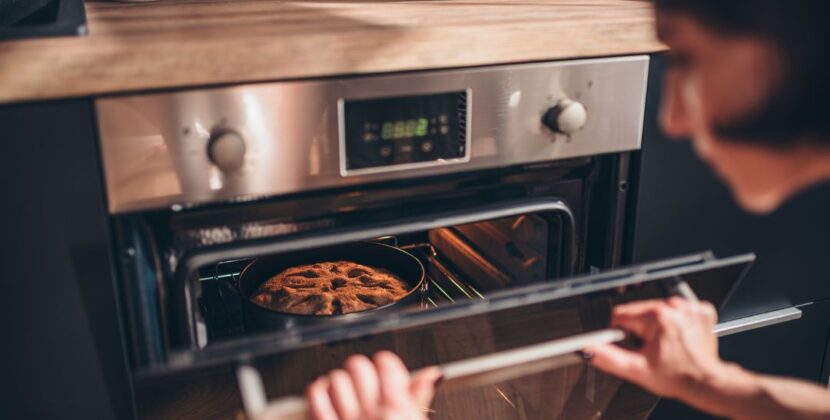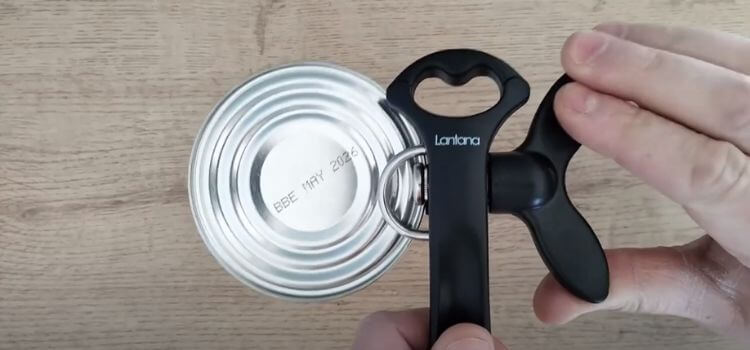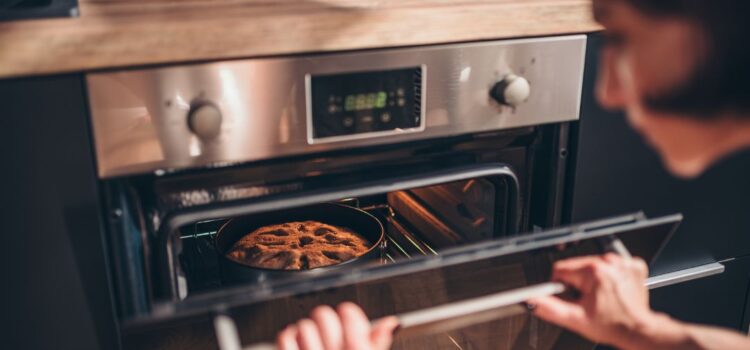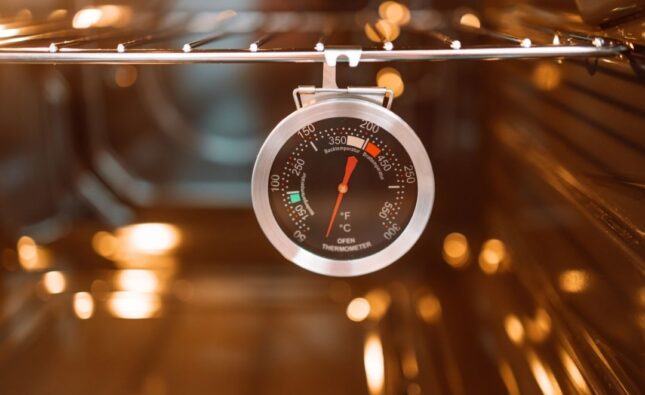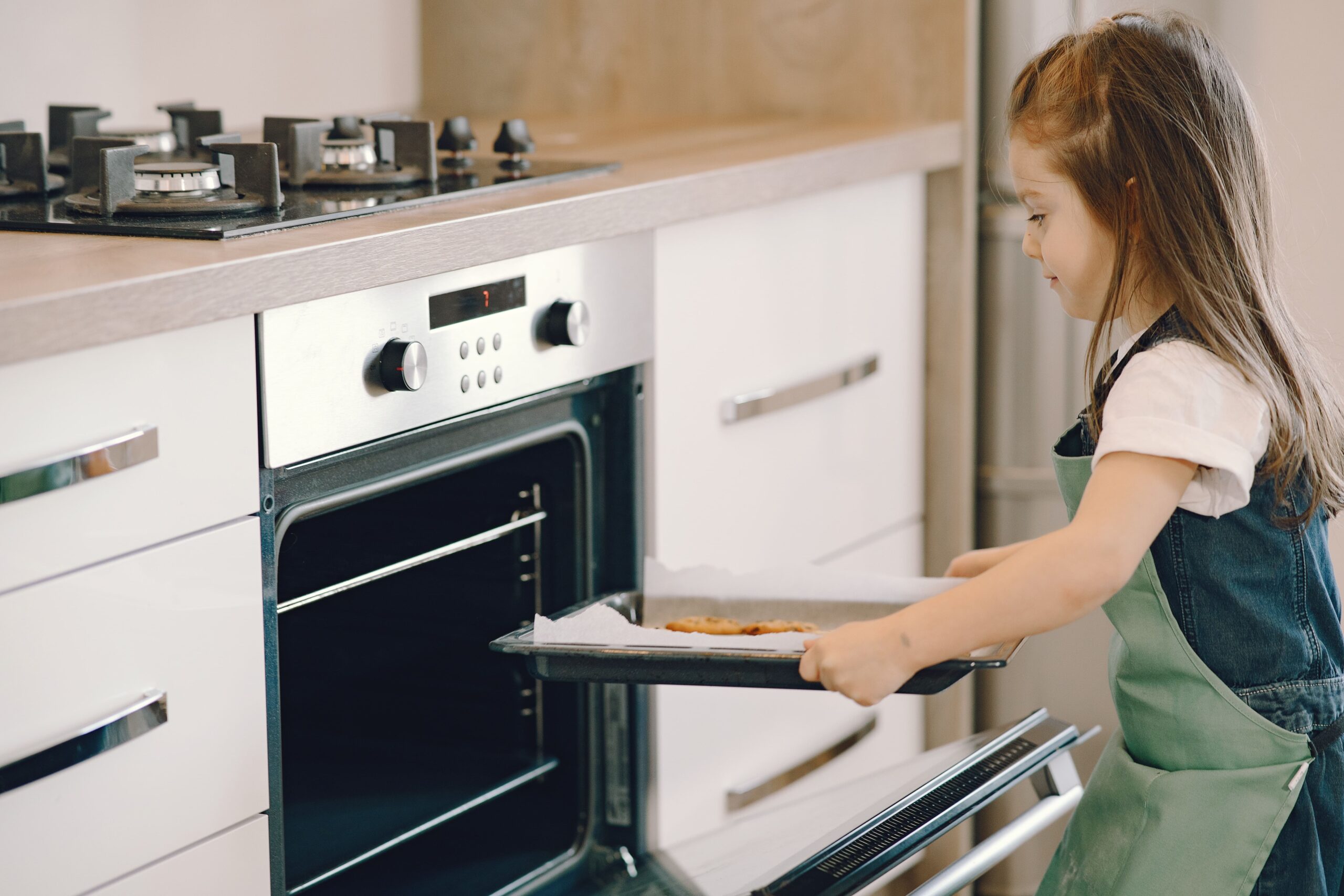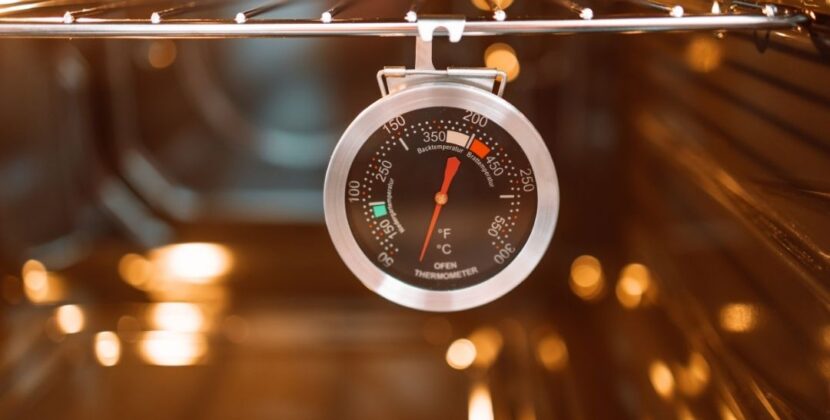
As an Amazon Associate, I earn from qualifying purchases
A gas oven is a staple in many households, offering quick and even heat for cooking and baking. But like any gas appliance, it can potentially be a source of danger if it is not properly maintained. Gas leaks can result from a variety of issues, from faulty connections to simple wear and tear over time.
To ensure your home is safe and your appliance lasts a long time, we’ve detailed 7 essential tips to properly maintain your gas oven and prevent dangerous leaks from happening
The Importance of Maintain Your Gas Oven
Regular maintenance of your gas oven is more than a chore; it’s a critical step in preserving the safety of your home and family. A well-maintained gas oven operates efficiently and safely, but undetected leaks due to negligence can lead to hazardous situations like fire or carbon monoxide poisoning. By following these tips, you’ll not only keep your kitchen center in top working order but also promote peace of mind in terms of safety.
Tip 1: Clean Regularly
The cleanliness of your gas oven is a significant factor in preventing gas leaks. Crumbs, spills, and oven grime can accumulate over time, leading to blockages that can interfere with the oven’s proper burning process. These blockages can, in severe cases, result in gas not combusting properly, leading to a buildup and potential gas leaks.
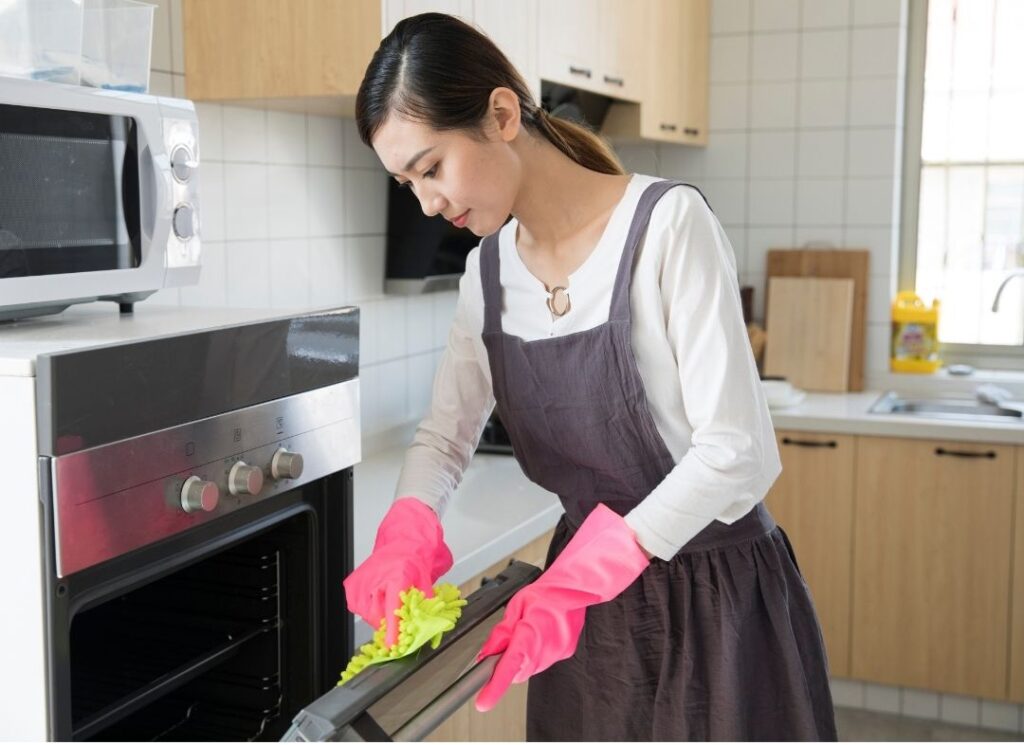
It’s imperative to remove these obstacles regularly by cleaning the burners, the inside surfaces, and the oven door to ensure gas flows unrestricted and fully combusts when ignited.
How to Clean Your Gas Oven Safely
- Turn off the oven and allow it to cool completely.
- Remove the burner caps and grates and clean with warm, soapy water.
- Clean the burner tubes and igniter carefully to avoid damaging any components.
- Use a wire hanger to clear any debris from the gas ports.
- Wipe down the inside of the oven with a non-toxic cleaner, avoiding the heating elements.
By incorporating a cleaning routine, you can maintain a safe environment and extend the life of your gas oven.
Tip 2: Check Gas Connections
Monitoring gas connections is a crucial task to avoid leaks in your gas oven. Even a small leak in a gas line can lead to high gas levels in your home, creating a dangerous environment.
How to Check Your Gas Connections for Leaks
- Mix dish soap with water and rub the solution onto the gas connections while the oven is off.
- Turn on the gas and look for bubbles. If you see bubbles around the connection points, it indicates a leak.
- Tighten any loose connections, but always consult a professional if you suspect a gas leak or are experiencing difficulty.
Remember, a gas leak at even a single valve can cause an explosion, so maintaining your gas oven.
Tip 3: Proper Ventilation and Maintain Your Gas Oven
A gas oven requires proper ventilation to operate safely. Adequate airflow guarantees the proper venting of harmful gases, such as carbon monoxide, out of the home. If the ventilation system is blocked, even partially, it can cause the escape of these dangerous gases into your living space.
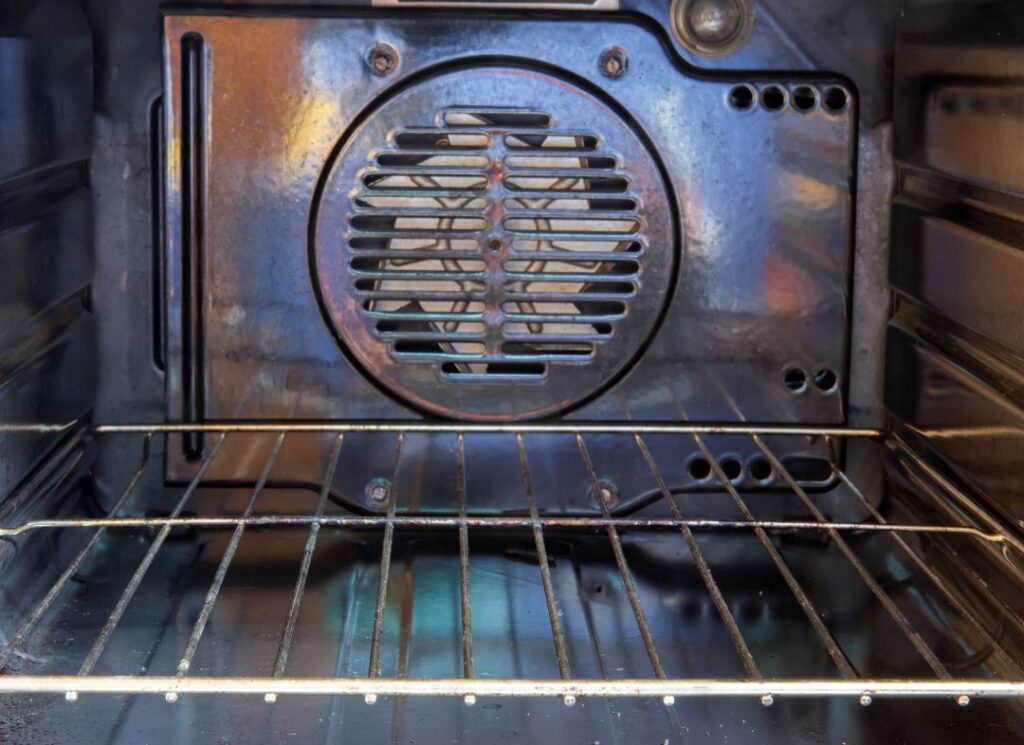
Be mindful not to block the oven vents with pots, pans, or any other items. Regularly check to ensure nothing is obstructing the airflow to prevent the accumulation of unsafe levels of gas that can potentially leak out.
Tip 4: Professional Inspection
No one knows maintain your Gas Oven better than a professional. It’s recommended to schedule an annual inspection by a licensed technician to identify and address any potential issues before they escalate.
During these inspections, professionals can survey the condition of the entire oven, including the gas lines, igniter, and thermostat, ensuring that everything is in proper working order and there are no signs of leaks.
Tip 5: Monitor Gas Smell
The distinct odorant added to natural gas is an essential safety feature. If you smell gas, act immediately; do not ignore it or assume it’s a temporary issue. The smell of gas is often likened to the scent of rotten eggs. This smell is your signal to take immediate action by:
- Turning off the gas supply to the oven.
- Open windows and doors to ventilate the area.
- Evacuate the building and call your gas supplier from a safe distance away.
- Wait until a technician has verified that there’s no longer a risk before returning to your home.
Tip 6: Avoid DIY Repairs
While DIY projects can be rewarding and cost-effective, gas oven repairs should always be left to the professionals. Gas is a highly explosive substance, and any mistake during a repair attempt can result in a gas leak or fire hazard.
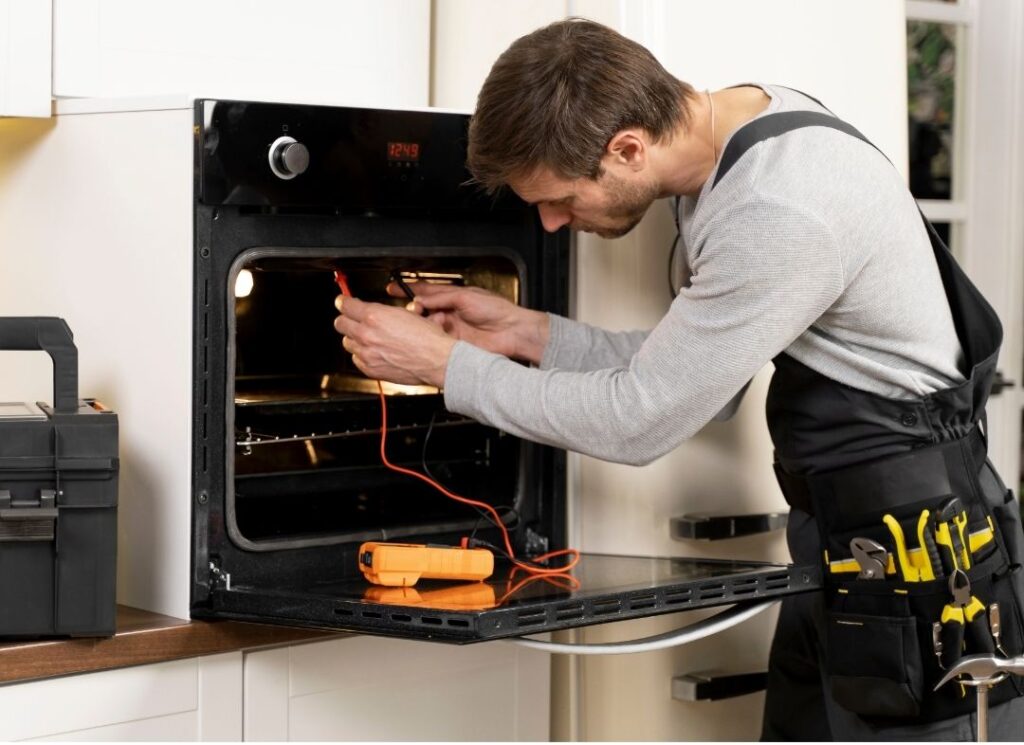
There are many components to a gas oven, and a misstep in the repair process can lead to serious, potentially life-threatening consequences. Save yourself the risk and call your technician for even what may seem like a minor adjustment. Safety, here, is paramount.
Tip 7: Emergency Protocol
Every household with a gas oven should establish a clear emergency protocol in the event of a suspected gas leak. Your emergency plan should include:
- Knowing where the gas shut-off valve is located and how to turn it off.
- Having a gas leak detection device and knowing how to use it.
- Having an emergency contact list that includes your gas supplier’s number and local emergency authorities.
- Practicing regular fire drills to ensure everyone knows the evacuation plan.
If you smell gas or suspect a leak:
- Do not light matches, turn on lights, use the phone, or use any electrical devices that can create sparks.
- Shut off the gas valve immediately.
- Evacuate your home and call for help from a neighbor’s phone or a cellphone outside your home.
Remember, in an emergency, safety should always come first. Do not attempt to locate the leak yourself if you are not trained to do so.
Conclusion
Maintaining your gas oven appliances is an important responsibility for the safety and well-being of your home and those within it. By following the guidelines listed above, you can ensure your gas oven remains a reliable, safe, and long-lasting asset to your kitchen.
Consistently following these tips will not only prevent leaks but also maintain the health of the oven’s various parts. A well-kept oven operates more efficiently and has a longer life span, saving you money on repairs and replacements in the long run.
In the unlikely event of a gas leak, remember to take the necessary precautions and act swiftly and decisively according to your emergency plan. Safety is a collective effort, and with these tips, you can confidently enjoy the benefits of a well-maintained gas oven.
FAQs
If you suspect a gas oven leak, it’s important to immediately turn off the oven, open windows and doors to ventilate the area, and evacuate the premises. Do not use any electrical devices or create any sparks, and contact your gas provider or emergency services for assistance.
Some signs of a gas oven leak include a rotten egg smell, hissing or whistling noises near the oven, and visible damage to the gas line or connectors. It’s important to address these signs immediately to prevent any potential dangers.
As an Amazon Associate, I earn from qualifying purchases


